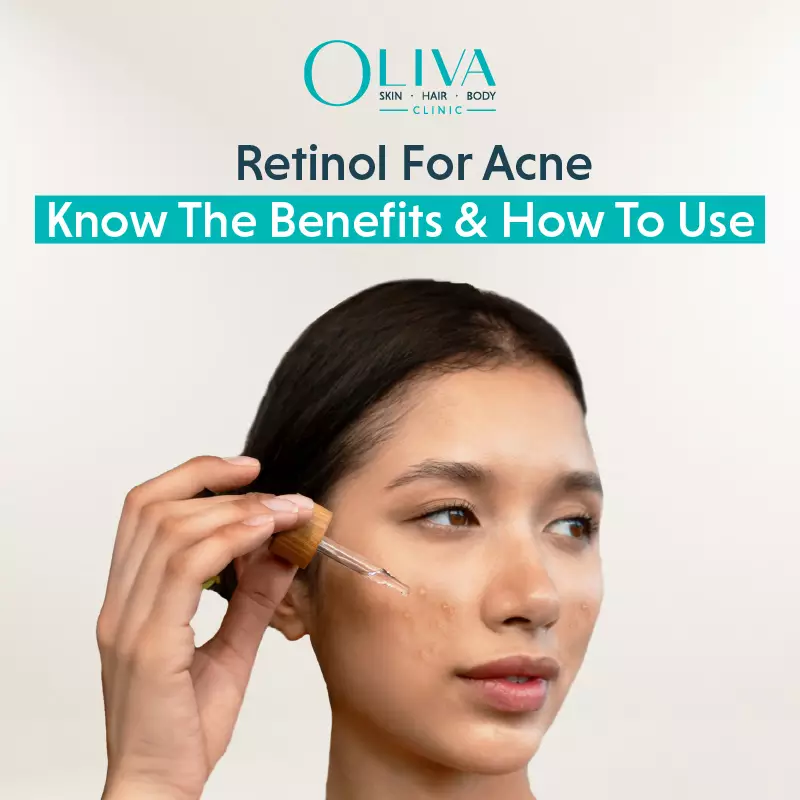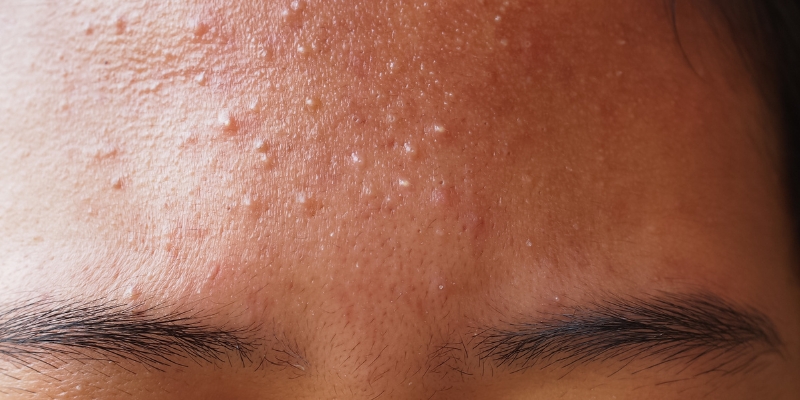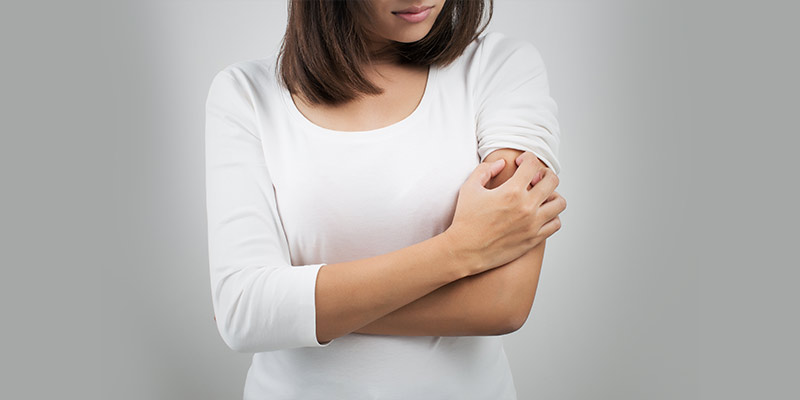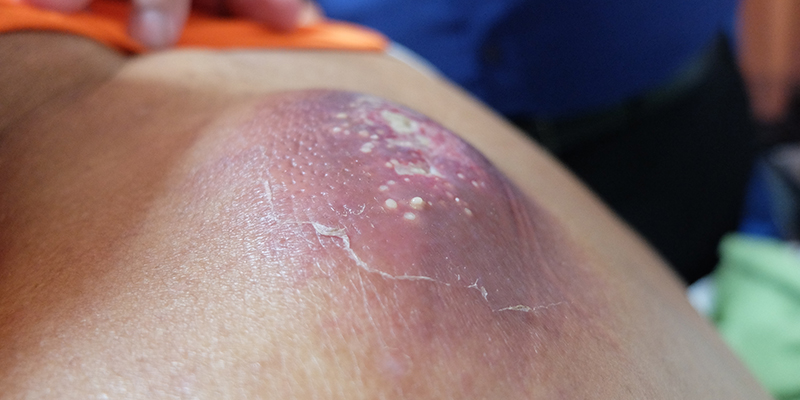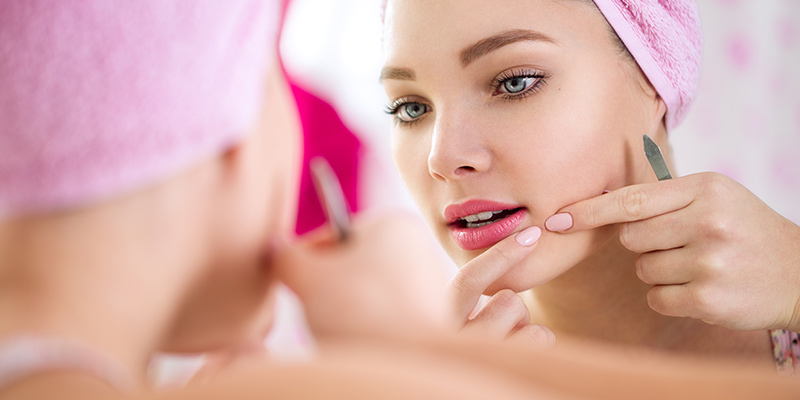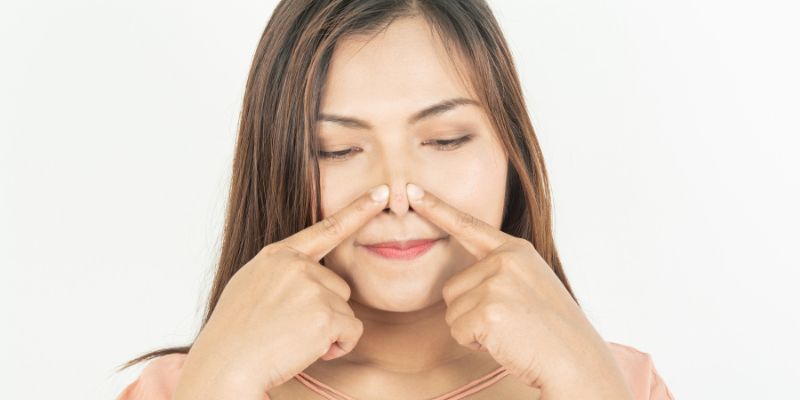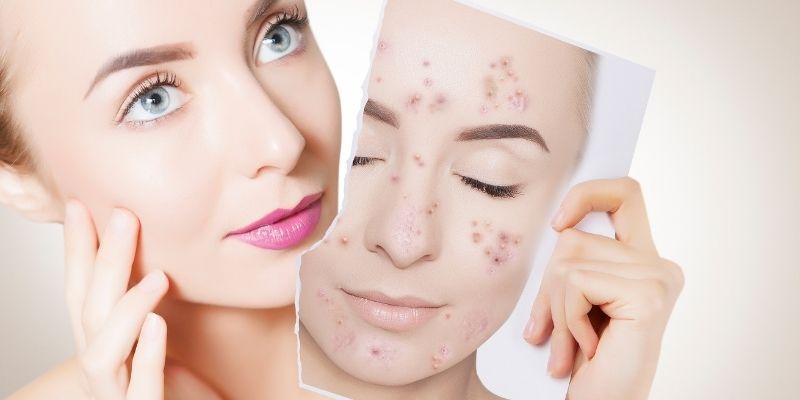Retinol For Acne: Usage, Benefits, Results And Side Effects
Acne is a common skin concern that affects people of all ages across the globe. If you are also looking for a potent ingredient that keeps breakouts at bay, retinol for acne is a promising option. This multi-hyphenate ingredient helps to unclog pores and keep them clear. In this article, discover all about retinol for pimples and how you can benefit from it.
How Does Retinol Work for Acne?
Retinol is a broadly used term for all types of retinoids. It is a powerful active derived from vitamin A that provides anti-ageing and anti-acne benefits. Retinol works by clearing out the pores and improving cell turnover to give flawless and youthful skin. Additionally, it aids in enhancing skin elasticity and averting blemishes. Retinol is an all-rounder ingredient known for topical application. Hence, many anti-acne products use it as the main ingredient. Furthermore, it helps manage and reduce both inflammatory and non-inflammatory breakouts and prevents their future occurrence. [1]
Retinol Benefits For Acne
There are several benefits of using retinol for acne, as listed below –
-
Unclogs Pores:
Acne occurs when skin pores become clogged with dead skin cells and sebum. This creates a favourable environment for acne-causing bacteria to grow and breed, causing inflammation. Retinol helps unclog the pores and regulate the formation of bumps. Regular use of retinol helps reduce swelling and prevent breakouts from forming.
-
Reduces Acne Inflammation:
Retinol has exfoliating properties that help clear the pores of acne-causing bacteria. It calms down the inflammation and minimises the chances of developing inflammatory acne.
-
Regulates Sebum Production:
Retinols influence the regulation of sebum or oil production in the skin cells. This is crucial in preventing future breakouts. If the skin produces less oil or sebum, it is less likely to clog the pores and thus prevent the development of pimples. [2]
-
Prevents Future Breakout:
With consistent use, retinol helps prevent future breakouts. It keeps the skin healthy by clearing dirt and sebum and removing the acne-causing bacteria. This also prevents blackheads and whiteheads. Using retinol for acne-prone skin can significantly help enhance skin clarity.
How to Use Retinol for Acne?
Follow these simple steps to use retinol for acne –
-
Choosing the Right Product:
The first step is to select the right product for your skin type and concern. Topical retinoids have varying strengths and concentrations, depending on the formulation. Therefore, it is important to select the one in the desired formulation that matches your unique skin needs – gel, cleanser, serum, or moisturiser. They contain between 0.25% and 1.5% retinol, which is safe for beginners.
-
Performing a Patch Test:
Do not apply retinol directly to the entire skin. Always start with a patch test in a smaller area to see if your skin tolerates it well. Retinol may usually cause skin irritation in people with sensitive skin types. Make sure to follow the instructions carefully before using the specific product. If you do not experience any adverse reaction after 24 hours, it is safe to use retinol.
-
Start with Low Frequency:
If you have sensitive skin, consider starting with a low dosage of retinol. You can apply it twice weekly and let your skin acclimate to it. Then, you can gradually increase the dosage.
-
Nighttime Application:
It is advisable to use retinol at night for better absorption and to prevent photosensitivity. Retinol may increase the skin’s sensitivity to the sun’s UV rays. Applying retinol before bedtime or high-SPF sunscreen during the day is best to prevent sun damage. [3]
-
Applying Sunscreen:
Retinol is a popular ingredient known to improve cell turnover number. Therefore, your skin may become more susceptible to sun damage during the day. Apply high SPF broad-spectrum sunscreen during the day and re-apply it after every 4-5 hours.
-
Increase Frequency:
As your skin builds tolerance to retinol, you can increase its frequency and dosage. Depending on how your skin responds, you can use it every day.
-
Monitor Your Skin:
Observe how your skin feels after using retinol. Look for signs of irritation to adjust the dosage accordingly.
-
Avoid Mixing with Certain Ingredients:
Do not mix retinol with other potent ingredients such as AHAs and BHAs. Check with your doctor first, as mixing it may result in excessive dryness or irritation.
-
Consult a Dermatologist:
If you have sensitive skin or any other skin concerns, consult a dermatologist before applying retinol.
Side Effects Of Using Retinol for Acne
Potential side effects of using retinol for acne include:
- Skin Irritation: Retinol may cause skin irritation in people with sensitive skin or ongoing skin concerns.
- Purging: Some may experience excessive breakouts or worsening of acne.
- Dryness and Flaking: It is common to see shedding of the skin due to excessive dryness.
- Redness and Swelling: Redness and mild swelling are common in areas of retinol application.
- Burning or Stinging Sensation: People with sensitive skin may experience mild burning or stinging sensation while applying retinol.
- Allergic Reactions: In rare cases, it may cause an allergic reaction in people with highly sensitive skin or prone to allergies.
How To Choose the Right Retinol Product Based On Skin Type?
| Skin Type | Formulation | Concentration |
| Sensitive | Products labelled as ‘gentle’ or ideal for sensitive skin | Start with 0.25% or less |
| Dry | Product with hydrating ingredients | Start with 0.25 to 0.5% |
| Oily | Non-comedogenic and lightweight products | 0.5 to 1% |
| Normal | Any retinol product that is suitable for your skin concerns | Start with 0.5% |
| Combination | Choose a balanced formula | Start with 0.5% and adjust if needed |
| Acne-prone | Retinol products ideal for acne-prone skin or labelled ‘anti-acne’ | Start with 0.25 to 0.5% |
Tips for Maximising Results
Here are some valuable tips to maximise results from using retinol for acne –
- Consistency: Consistent use of retinol is the key to maximising benefits and achieving clear skin.
- Sun Protection: Retinol thins out the outer layer of the skin, thus increasing its sensitivity to the sun’s rays. Using a sunscreen with high SPF is crucial.
- Hydration and Moisturisation: Use the sandwich method to keep your skin hydrated while using retinol and avoid dryness. Layer your skin with a light moisturiser and then apply retinol. Now, seal it again with a thick moisturiser.
- Avoiding Overuse: Overusing retinol often results in dryness and flaking. If you experience any skin irritation, reduce the dosage and frequency. [4]
Don’t Wait Watch Now: A Dermatologist’s Step-by-Step Retinol Guide
Frequently Asked Questions On Retinol for Acne
Q1. How Long Does Retinol Take To Stop Acne?
A1. Retinol can take weeks or even months to show visible signs of improvement in minimising acne.
Q2. Can I Use Retinol Every Night?
A2. You can use retinol every night, depending on how well your skin tolerates it.
Q3. Can I Use Retinol On Active Acne?
A3. Yes, you can use retinol on active acne to reduce inflammation and clear it up faster.
Q4. Which Form Of Retinol Is Best For Acne?
A4. Several OTC retinols for acne are available for topical application to manage acne.
Q5. Can I Use Retinol On Popped Pimples?
A5. It is advisable to avoid using retinol on popped pimples as it may increase the risk of pigmentation.
Q6. Can Retinol Help Hormonal Acne?
A6. Yes, retinol works on most types of acne, including hormonal acne.
Q7. Does Retinol Reduce Pimple Size?
A7. Retinol can help reduce the size of a pimple by unclogging the pores and reducing inflammation.
Q8. Does Acne Come Back After Stopping Retinol?
A8. Yes, acne may come back if you stop using retinol.
Q9. Is Retinol Good For Mild Acne?
A9. Retinol is highly effective for mild to moderate acne.
Q10. Can Retinol Clear Cystic Acne?
A10. Yes, retinol can help clear inflammatory acne, such as cystic acne.
Q11. Does Retinol Get Rid Of Under Skin Pimples?
A11. Retinol helps clear out under-the-skin pimples by unblocking the skin pores.
Q12. Is Retinol Good For Body Acne?
A12. Retinol helps exfoliate dead skin cells, effectively treating body acne.
Q13. Retinol Or Benzoyl Peroxide For Acne?
A13. Benzoyl peroxide usually works by exfoliating the skin’s surface, while retinol works to clear clogged pores from the inside. Both are effective for treating mild to moderate acne. [5]
Q14. Does Retinol Cause Acne?
A14. In some cases, we can observe a retinol purge, in which retinol causes the skin to break out or worsens acne.
Q15. Which Is Best For Acne Retinol Or Vitamin C?
A15. Both retinol and vitamin C are excellent choices for managing acne. However, vitamin C may provide added benefits, such as skin brightening and sun protection.
Q16. What Are The Benefits Of Retinol Peel For Acne?
A16. Retinol peel is excellent for eliminating dead skin cells, improving cell regeneration and minimising acne scars.
Takeaway
Retinol is a well-known ingredient for managing and preventing acne. However, it is best to consult a dermatologist to find the appropriate formulation, dosage and frequency according to your skin’s needs. Use sunscreen and keep your skin moisturised while using retinol in your skincare regime.




